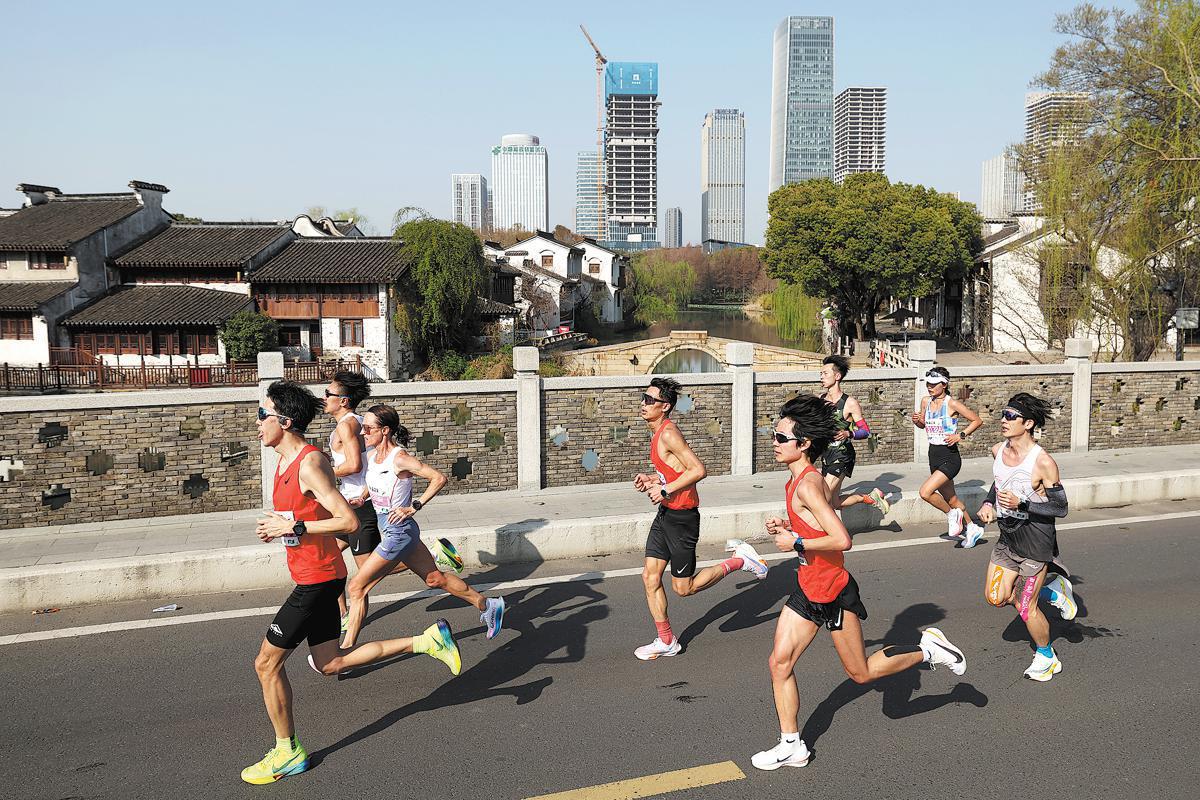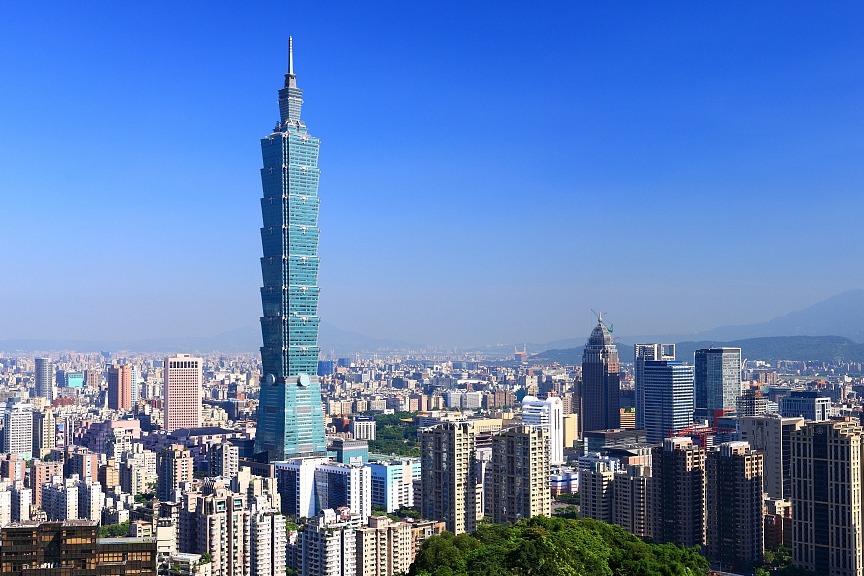New guidelines can be game changer for sports


Editor's note: The Chinese government recently issued a set of guidelines to unleash the consumption potential of the sports economy. The guidelines outline 20 measures across six fields, including increasing the supply of sports products and events, boosting sports consumption, supporting sports businesses and cultivating new growth drivers in relevant industries. Yi Jiandong, a professor and expert in Olympic Studies at Wenzhou University, analyzed the guidelines on China Central Television's News 1+1 program. Below are excerpts from the interview. The views don't necessarily represent those of China Daily.
There are two aspects of the guidelines that are particularly impressive. The first is enhancing the level of professional sports events. Nowadays, many amateur sports events in China attract a large number of spectators. The venues are often completely sold out and sponsors are eager to participate. However, some of these professional events are unable to achieve their full potential. In this context, professional events should leverage this policy momentum to improve their operational capabilities.
The second is strengthening the overall coordination of international events applied for and organized by different regions. China has hosted many international sports events in recent years, but there seems to be a lack of cohesive planning, particularly in resource allocation, including human resources and intellectual assets. This leads to some wastage during the preparation process. Although organizing sports events is not an easy task, with better intellectual assets, external talent support and more streamlined mechanisms, these events could run more smoothly and achieve better outcomes.
The new guidelines have introduced several changes relating to sports event safety, covering core aspects such as venue capacity, security configuration and ticketing management. Safety and security are at the core of any event. China has been making continuous improvements in this area for more than 10 years. However, the security standards are not tailored to different sports and events. It is essential to take into account the nature of the events, local conditions and international best practices to ensure that the security measures are neither excessive nor insufficient. Striking the right balance is an art that event organizers should master.
The guidelines explicitly emphasize increasing the supply of sports venues through various means, including new construction, renovation, upgrades and extended opening hours. A key point is to bring the sports facilities closer to the people. Many individuals, including some youths, are reluctant to engage in sports activities simply because it is more convenient to stay indoors and play video games. Sports venues are often inconveniently located too far away, difficult to access or hard to book. Therefore, breaking down the "last mile" barrier to sports venues is crucial.
In line with China's goal of becoming a modern socialist country by 2035, the sports industry is expected to become a pillar of the national economy, with its annual added value projected to be about 4 percent of the country's GDP. The sports industry should be positioned as a strategic emerging industry within the national economy. While its primary objective may be to contribute a larger share to the GDP, it can also help cultivate better national fitness and help drive, boost and stimulate other related industries, thus making an indirect yet substantial impact on the national economy.
For example, some industries such as animal husbandry and environmental protection have seen a significant multiplier effect due to the development of the sports industry in other countries. Thus, the value of the sports industry should not be measured solely by its contribution to the GDP, but also by its role in stimulating and elevating other sectors.


































